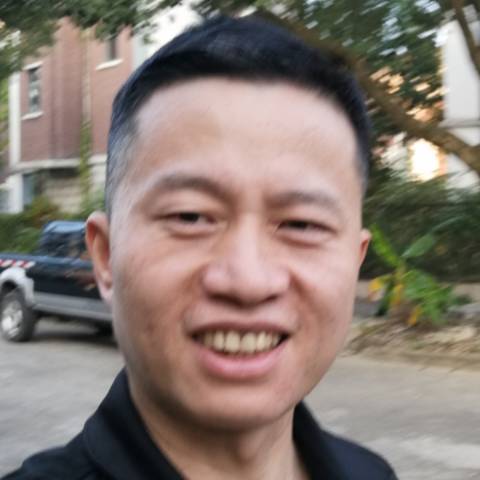#此帖3部分
#前段关于中国
#后段英文语法第26章
China, where the virus first emerged
, confirmed it had no new domestic cases on Wednesday for the first time since the outbreak began, a major milestone. China's National Health Commission (NHC) reported no domestically transmitted cases in China for the first time since the virus emerged in late December.
It also said there were no cases at all in Wuhan, the outbreak centre which was essentially locked down earlier this year, but 34 cases arriving from abroad.
Some Wuhan residents who have been shut up inside their homes for six weeks are being allowed out, as long as they do not gather in groups. Some businesses have also been allowed to resume work.
山川异域,风月同天
岂曰无衣,与子同裳
青山一道同云雨,明月何曾是两乡
辽河雪融,富山花开
同气连枝,共盼春来
HELP FOR LEARNERS OF FORMAL BRITISH ENGLISH #26
A Chinese
A number of Chinese people who speak English refer to themselves as "a Chinese", just like people from America would speak of themselves as "an American". Although saying "a Chinese" is not considered grammatically incorrect, to many native English speakers it sounds odd.
Just as the words "Japanese" and "English", when used as nouns, are automatically understood to mean *unique* languages, so too is the word "Chinese".
"I speak *a* Chinese/Japanese/English." ✖
"I speak Chinese/Japanese/English." ✔
Since "Chinese" and "Japanese" are also used as adjectives to describe nouns, when native English speakers see or hear "a Chinese/Japanese", they expect a noun to follow. If a noun does not follow, then they will naturally think, "A Chinese/Japanese WHAT?" To solve this problem, it is better say either "a Chinese/Japanese *person*" or "Chinese/Japanese". By doing this your English will sound more natural.
"I'm a Chinese/Japanese person."
"I'm Chinese/Japanese."
Note: In British English, the words "a Chinese" are used in everyday speech to mean "a Chinese meal". So if you said "I'm going to order a Chinese", British people would expect a delivery of a meal, not a person!
Download the HelloTalk app to join the conversation.
 Download
Download






